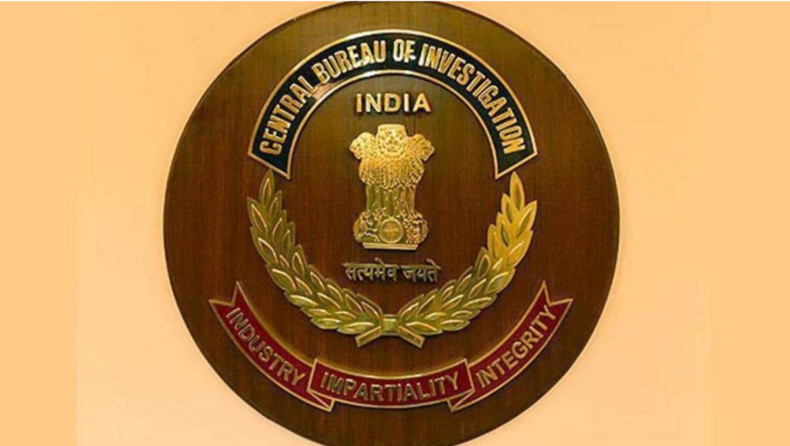According to data from the Personnel Ministry presented in Rajya Sabha on Thursday, the Central Bureau of Investigation (CBI) requested permission from the State government to look into as many as 91 instances six months before the Maha Vikas Aghadi (MVA) administration’s downfall in Maharashtra.
The petitions were still pending since Maharashtra, along with five other Opposition-ruled States (Punjab, Chattisgarh, Jharkhand, West Bengal, and Rajasthan), had revoked general approval for the CBI to look into matters inside their borders.

In the Rajya Sabha, Jitendra Singh, the Union Minister of State for Personnel, Public Grievances, and Pensions, responded.
Data as of June 30 (the day Eknath Shinde took office as Maharashtra’s Chief Minister) showed that up to 77 cases requesting permission for CBI investigations were awaiting clearance by the Maharashtra government for six months to more than a year.
With 168 cases still outstanding and a total cost of $29,040.18 crore, Maharashtra has the most of these types of lawsuits.
101 petitions involving 235 government employees
As of June 30, “a total of 101 requests under Section 17A of the Prevention of Corruption Act 1988, involving 235 Public Servants, are pending with various ministries and departments of the Union Government and Public Sector Banks,” according to a written response from Personnel Minister Jitendra Singh.
According to the Prevention of Corruption Act of 1988, Section 17(A) calls for the prior approval of the competent authority before conducting an investigation into offenses related to suggestions made or decisions made by public employees while performing their official duties.
According to the response, the six States are now dealing with up to 221 petitions for permission to conduct CBI investigations.
Of the total requests, 27 are still pending, totaling 1,193.80 crores with West Bengal, 255.32 crores with Punjab, 80.35 crores with Chhattisgarh, 330.57 crores with Jharkhand, and 12.06 crore with Rajasthan.
Nine States withdrew their support for the CBI investigation.
The Ministry stated in a different response that nine States, including Maharashtra, Chhattisgarh, Rajasthan, Punjab, and Meghalaya, had revoked their general approval for the CBI to investigate matters inside their respective borders.
Mr. Singh stated that in order to conduct an investigation within its purview, the CBI needs the respective State governments’ permission in accordance with Section 6 of the Delhi Special Police Establishment (DSPE) Act, 1946. The DSPE Act governs the CBI.
According to Section 6 of the DSPE Act, 1946, some State governments have given the CBI a general consent for the investigation of a specific class of crimes committed against a specific group of people, allowing the CBI to register and look into those specific matters, the Minister said.
According to Section 6 of the DSPE Act, the State government must provide specific consent in States where general consent has not been granted or where the general consent does not apply to the individual situation.
The expansion of the CBI’s authority under the terms of Section 5 of the DSPE Act, 1946, may only be taken into consideration when the State government has given its permission, he said.












